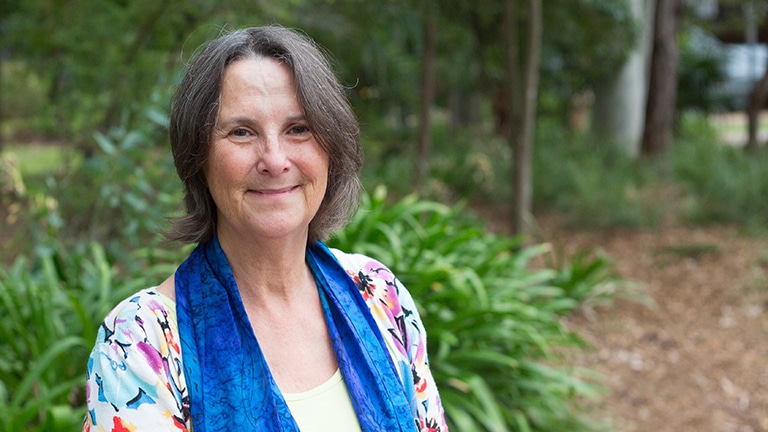
A University of Newcastle study has recommended reforms to Indigenous health services after identifying systemic barriers that are hindering pregnant women from quitting smoking.

A study by University of Newcastle (UON) researcher Dr Gillian Gould has recommended reforms to Indigenous health services after identifying systemic barriers that are hindering pregnant women from quitting smoking.
Dr Gould says that national Close the Gap strategies aimed at halving smoking rates by 2018 are unlikely to be achieved unless new cessation approaches are introduced. Her report, just published in the Australian Journal of Primary Health, cited a lack of subsidised access to nicotine replacement therapies, a lack of clinician training in managing maternal Indigenous smoking and a dearth of targeted health promotion programs.
“Children exposed to tobacco smoke before birth are at increased risk of learning difficulties, behavioural problems and hearing loss, as well as respiratory and cardiovascular illness,” Dr Gould said. “These children are also more likely to become smokers, some trying it as young as five.
“Our research shows women are well aware of the risks of smoking for their babies, and want to do something about it, but they need more help at a policy level. You can’t blame them for not quitting when we have barriers on the service delivery side.”
GP guidelines recommend that oral nicotine replacement therapies like inhalators or lozenges should be offered to pregnant women if counselling is ineffective, however they are not listed on the Pharmaceutical Benefit Scheme. “We could fix that immediately with a minor change to regulations,” Dr Gould explained. “The barrier appears to be that pharmaceutical companies are unwilling to supply those products to the Government.”
As part of her study Dr Gould also surveyed 380 GPs and obstetricians and found that only 11 per cent regularly prescribe NRT to pregnant smokers while 78 per cent felt wanted further training.
“Doctors are in a quandary because they know oral therapies aren’t listed, and they’re also cautious in prescribing them,” she added. “With replacement therapies the nicotine dosage is much lower and it’s only one of the 7000 chemicals found in tobacco smoke.”
Dr Gould is now working on refining anti-smoking messages for the Indigenous community, developing a suite of resources with Aboriginal Medical Services in Hunter New England Health region that are soon to be pilot tested throughout NSW, Queensland and South Australia.
She recently received a $450,000 NSW Government fellowship and is leading the Indigenous Counselling and Nicotine (ICAN) QUIT in Pregnancy Trial aimed at improving strategies for the management of smoking cessation in pregnant Aboriginal women in NSW.
For more information see Dr Gould’s article in The Conversation.
Dr Gillian Gould is an NHMRC and Cancer Institute NSW research fellow working with the University of Newcastle’s Centre for Brain and Mental Health.
HMRI would like to acknowledge the Traditional Custodians of the land on which we work and live, the Awabakal and Worimi peoples, and pay our respects to Elders past and present. We recognise and respect their cultural heritage and beliefs and their continued connection to their land.

Hunter Medical Research Institute
We’re taking healthy further.
Locked Bag 1000
New Lambton
NSW, Australia, 2305



This site is protected by reCAPTCHA and the Google Privacy Policy and Terms of Service apply.
Copyright © 2024 Hunter Medical Research Institute | ABN: 27 081 436 919
Site by Marlin Communications
